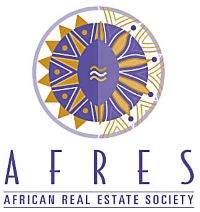Forestalling Conflict in Compensation of Compulsorily Acquired Customary Land: The Intergenerational Payment Option
Keywords:
expropriation, benefit sharing, land conflict, Land Use Act, Nigeria, benefit, sharing, land, conflict, land acquisition, acquisition, intergenerational payment, paymentAbstract
Land in the traditional African society is owned in collectivism and does not belong to individuals but the entire family which comprises the living, the reverend souls of the ancestors and the generations yet unborn. Meanwhile, when a family land is acquired compulsorily by the government or through the market by private firms, only a few family members of the family enjoy the compensation proceeds. The under-aged family members and the yet unborn generations are usually left out from the compensation proceeds from the family heritage (land). This has resulted in encroachment of land and land conflict to reclaim lost heritage by the then under-aged family members and the “yet unborn” generation when they come of age. It has also resulted in violent land conflicts and delay in projects planned for the acquired land. This paper examines the prospect of using intergenerational compensation (IGC) which will extend payment beyond a generation as a strategy for compensation in the customary land acquisition process. Utilising a qualitative approach, the paper examines the views of representatives of 23 selected indigenous landholding families (ILFs) and key informants in government offices providing land administrative services (GOPLAS) in Lagos State on the concept of intergenerational compensation. The findings reveal the willingness of the ILFs to accept the IGC payment strategy but the GOPLAS were unwilling to support the strategy. It also provides information on reasons for the support and opposition to the strategy and how it can be implemented.
Downloads
Downloads
Published
How to Cite
Issue
Section
License
Copyright (c) 2022 Daramola Thompson Olapade, Olawale Ojikutu, Professor Bioye Tajudeen Aluko

This work is licensed under a Creative Commons Attribution 4.0 International License.




